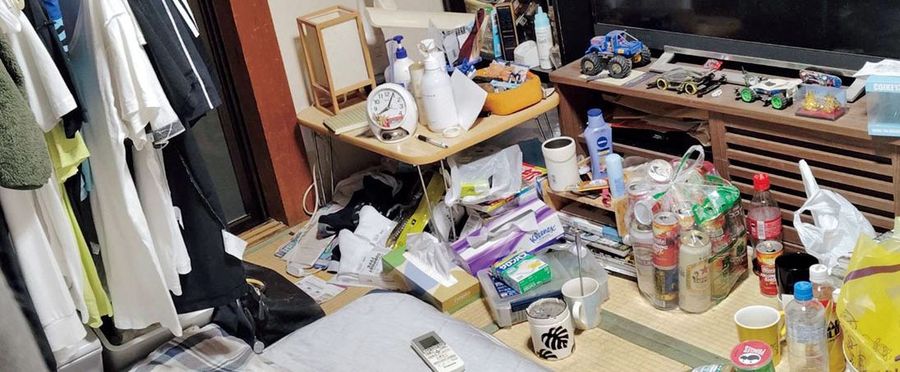This story focuses on a 51-year-old individual in Japan who has been living in extreme social isolation, a condition referred to as 'hikikomori', and their concerns and thoughts after the death of their parents. Despite the widespread belief that hikikomori primarily affects younger individuals, the issue also extends to older demographics. The recent loss of parents, who typically serve as the primary caregivers for hikikomori, presents multiple challenges, including financial, mental, and societal issues.
This news story touches on two significant societal issues in Japan: the increasing elderly population and the prevalence of hikikomori. Many of these individuals rely heavily on their parents for care and, as the parents themselves age and pass away, these hikikomori are often left without support and faced with various adversities. The public sentiment towards hikikomori is often mixed, with sympathy for their struggle yet frustration at their perceived inability to contribute to society.
Similar cases of severe social withdrawal do exist in the US and EU, and are commonly linked to mental health issues such as depression and anxiety. However, the term 'hikikomori' is specific to Japan, where the issue is not only more prevalent but also carries unique cultural implications. In the US and EU, efforts are focused predominantly on mental health support and therapy, whereas in Japan, more comprehensive societal changes are being discussed to address this issue.

